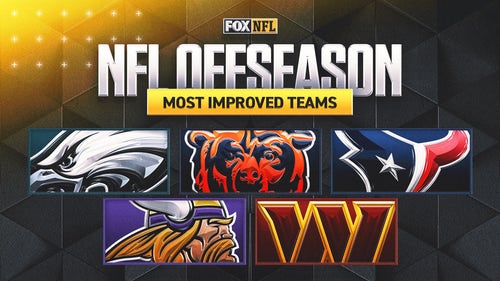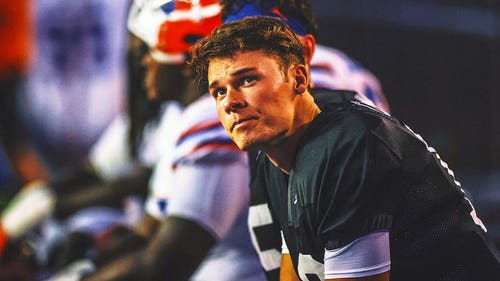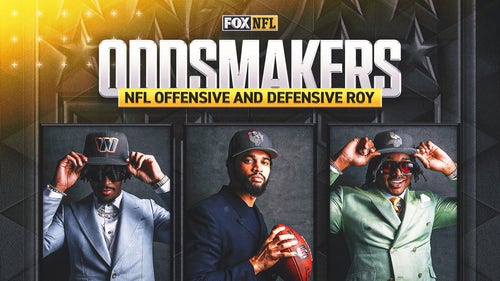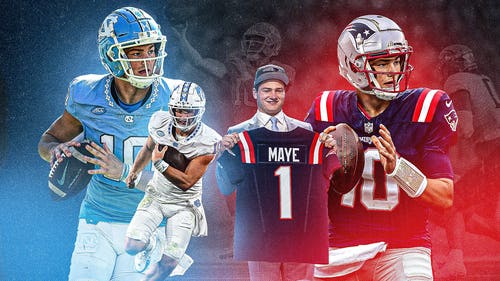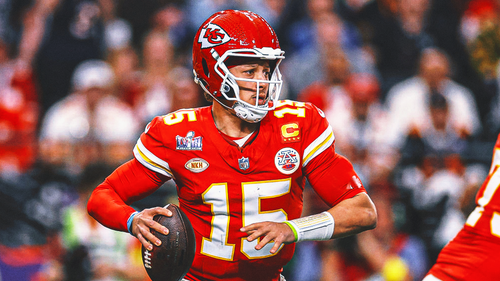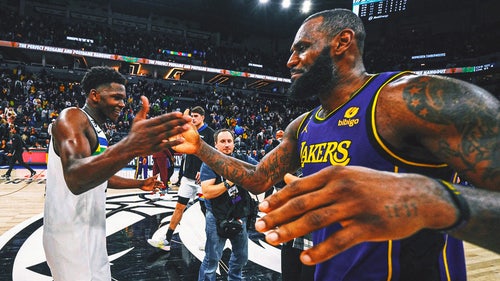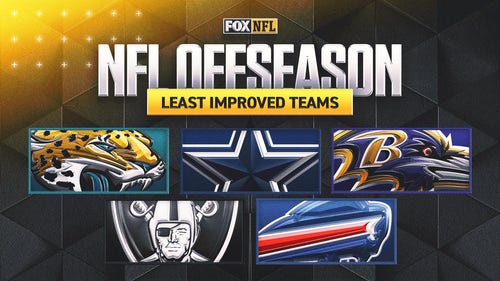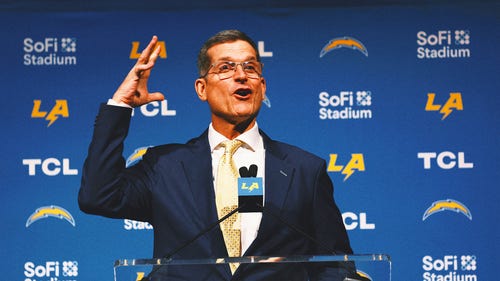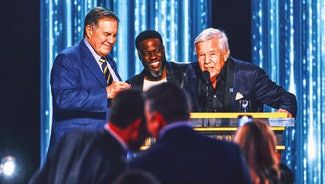
Atlanta has healed from Vick days
It was snowing here Thursday, or at least this is what they kept saying on the news. It looked more like fat rain to my trained eye, not the least bit dangerous. This is the South, though, so the potential of wintry weather is breathlessly dissected tip to buzzer of almost every newscast in Georgia.
This is too bad for a couple of reasons:
1. The Falcons with Matt Ryan and Tony Gonzalez and Asante Samuel, hosting the NFC Championship Game against San Francisco, are a really good story being totally bum-rushed by Skippy the TV weather guy.
2. The weather has freaked out the locals so much so that when I went to get my car the very nice bellman tried to talk me out of it. We went back and forth about how dangerous it was, how I grew up in a snow state, how nobody can drive in Georgia, about how I need to go talk to Atlantans about Falcons former quarterback Michael Vick.
“Why?” he asked, and seemed generally confused. “We past that.”
People tell me some version of this everywhere I go in this city — the barbershop, the coffee shop, the Falcons training facility in Flowery Branch. It is not simply that they have healed after one of the most divisive moments in this city’s sports history. It is how they came back together that is instructive, especially now as this country seems so divided on everything from guns and abortion to Lance Armstrong. The city is a reminder that what divides us need not divide us forever if we only just remember we are on the same team.
Can a city break? Can sports heal?
The answer in Atlanta is very much yes to both.
The Falcons won a playoff game last Sunday. This should not be a big deal considering they were 13-3 and the No. 1 seed in the NFC. They should have been favorites in the divisional-round game against a talented but young Seattle team. But the Falcons had not won a playoff game since 2004, going 0-for-3 in playoff games since this became quarterback Matt Ryan’s team in the wake of the Vick debacle.
We all know that story, how Vick became not simply the face of the franchise but the reason the Falcons and Atlanta mattered. He was their Peyton Manning, their franchise superstar quarterback, only he was black. And in Atlanta, this absolutely mattered. A couple of years after that 2004 playoff victory, he was gone. Convicted of being involved in a dog-fighting ring. Jail time, unbelievably bad press and lying forced the hand of Falcons owner Arthur Blank. He loved Vick; he had to let him go.
“I was pulling for him, I wanted him to be our Peyton Manning, a bright shining beacon for our community,” Georgia State Rep. Tyrone Brooks said when we talked Thursday. He represents a district in Atlanta, and I wanted to get his take on this city then and now. “It didn’t work out that way. … Fans were hurt, betrayed in a way. It was a devastating blow to Atlanta.”
And the city did break, along the lines we usually break when a fallen hero is black and his replacement white — racial ones.
“I heard all of it. I heard it. Believe me, I did,” Brooks said. “Some of that broke out into the racial divide, some into class divide. I had people calling and saying, ‘What about poor people and the homeless? We are more concerned about dogs than people.’ And I heard the racial talk. ‘They are doing it because he’s an African-American quarterback who got big.’ ”
Then there are the things Brooks will not quote because it is the mean, ugly talk he heard too often while growing up in the deep South. The fall of Vick brought out the bigots, too, further fueling the need by some to stand with him. This is how years later, when Vick came back in an Eagles uniform in 2009, there were fans cheering for him in the Georgia Dome. When he came back this year, there was no such craziness.
“I think we’re probably a little bit beyond that at this point,” Ryan said Thursday.
The quarterback is right, though I believe the how is important. How did they heal?
It probably is necessary to give a little background on Rep. Brooks, who has served in the Georgia legislature for more than 30 years. He began working for Martin Luther King Jr. in 1967 and stayed on with the Southern Christian Leadership Conference after Dr. King’s assassination. He stayed for almost 20 years, trying to bring justice to Georgia. And once elected in 1980, one of the first bills he spearheaded was to remove the confederate portion of the state flag. It was finally signed into law on Jan. 31, 2001.
So Rep. Brooks knows about trying to bridge broken parts. He knows football. It is a comparison he feels comfortable with, and does not shy from answering if there is a lesson to be extrapolated from Atlanta in the aftermath of Vick.
“That’s a very deep question. We can find so many things to fight over,” he said. “I’ve seen so many divisions along class lines, regional lines, economic lines in my lifetime. What we learned from the downfall of Michael Vick is if you stick together and stay focused you can come back.”
Can sports heal? is a tough question right now as we sit in an unprecedented time of fake girlfriends and lying cancer survivors. Sports feel tainted, their last redeeming qualities a mirage.
As we sit days away from a national holiday honoring Martin Luther King Jr., I am reminded of his “I Have a Dream” speech. It is not the part most often quoted about “little black boys and black girls will be able to join hands with little white boys and white girls and walk together as sisters and brothers.” It is right after when he says:
“I have a dream that one day on the red hills of Georgia the sons of former slaves and the sons of former slave owners will be able to sit down together at a table of brotherhood.”
I can think of no better table of brotherhood than an NFL game, and few fan bases are more of a melting pot than Atlanta's. The Vick thing happened. It was hard. But Atlantans got through it because there came a point when they realized they were all rooting for the same team.
“There are times when I still feel like we are fighting the Civil War again. We can be so divided,” Brooks said. “What we have to remember is the real prize.”
In football, it is winning. And it can heal even the most broken of cities.







































































































































